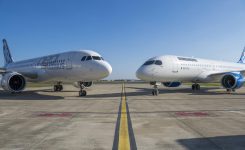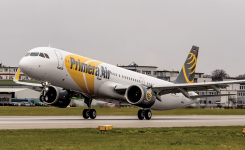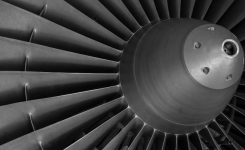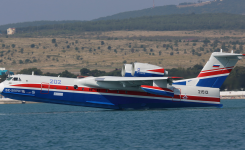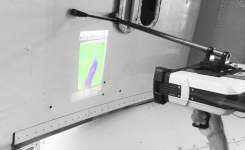Aircraft
Grounded COMAC C919 test aircraft fly again after modifications
The first two Commercial Aircraft Corp. of China (COMAC) C919 flight test aircraft returned to the air on June 22 after weeks on the ground for what industry sources described as modifications.
The development program for the narrowbody airliner is proceeding according to plan, COMAC said when announcing the latest flights. “Developmental test flights, static tests, and on the ground, post-sortie onboard tests and optimization are being carried out in an orderly manner,” the state manufacturer said.
The first prototype, unit 101, is at Xian, a northwestern city where program supplier Aviation Corp. of China (AVIC) has a flight-test base; the aircraft flew for 3 hr. 10 min. on June 22. Aircraft 102 is at Shanghai, the location of the program’s final assembly plant; its latest flight lasted 1 hr. 34. min.
Unit 101 has been modified on the ground and undergone strength calibration, COMAC said, without referring to the duration of the period of non-flying. Work also included modification and calibration of the water ballast system used in flight testing. For Unit 102, COMAC said such tasks as checks on stability control have been completed. That aircraft will shortly move to COMAC’s test base at Dongying, in the eastern province Shandong.
The third flight-test aircraft, among six planned, has been scheduled to fly this year. The wing has been joined to the body and airtightness has been checked, COMAC said, adding: “Cabling and onboard systems are being installed.”
In its June 22 statement, COMAC did not mention changes to the first two prototypes’ tails and flaps, which had been reported by two industry sources to ATW’s sister publication Aviation Week.
Discoveries during any development program’s flight testing routinely result in tweaks, interrupting progress. The C919 has spent relatively little time in the air since the first flight, however.
COMAC said it is trying to make the first C919 delivery in 2021, following achievement of airworthiness certification in 2020.
The program was launched in 2008. The first prototype was rolled out in November 2015 and in May 2017. Article Source


